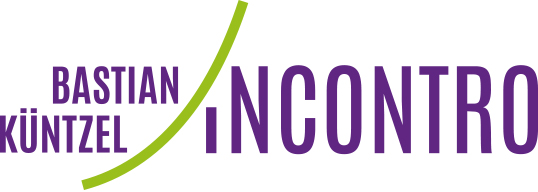A friend recently told me about his boss. He said he’s a sniper. “What, he shoots people down?”, I asked. “No, you give him a target and he will hit it whatever what”, my friend replied. His boss is really good at what he does, an achiever, if you will. The trouble is, he is a really bad manager and leader.
In most traditional organisations, or ‘Mechanistic Organisations’, you award people with status by making them in charge of other people. The more people are ‘under you’, the higher your impact and importance within the company. This is not a new experience. In fact, the Peter Principle from 1969 describes an aspect of this. According to this principle, people get promoted based on their performance in their current role, not based on the potential they have to be successful in a new role. This means that people get promoted until they reach their level of incompetence and remain there, doing something they are not actually that good in anymore. It’s a straight path to loneliness; accumulating signs that you matter because it doesn’t feel like it at all anymore in your work. Like running on a treadmill in a bland room and after years of doing that you’re still as unfit as you’ve always been.
But it doesn’t need to be that way. There are many ways to appreciate good work and award status to people, not just making them in charge of others. A higher salary, freedom, independence, reduced working hours, or the ability to pick the most interesting problem to work on next, to name just a few.
There is a new form of working on the rise, one that is not mechanistic, prescribed and hierarchical. All over the world we can see small innovators that do business and co-work in new ways. We call them Organic Organisations. These are organisations that are in balance with their context and always evolving. They are internally dynamic, with distributed decision making and shifting forms based on need and environment and purpose. In such organisations achievers (or snipers) add value by doing what they do best and they are appreciated for it. Leaders emerge and recede as necessary and as required by teams for a specific project at a specific time. You don’t need to manage a big group to be feel relevant and important.
Mechanistic Organisations focus a great deal of their time and energy on the mechanics of their organisations. Office politics, power struggles and incredibly long approval paths are the results.
Organic Organisations focus on the work, on being of value to their context (their community, their customers and clients, etc.), on actually going somewhere. They organise and re-organise as necessary in balance with their context and the results are remarkable.

